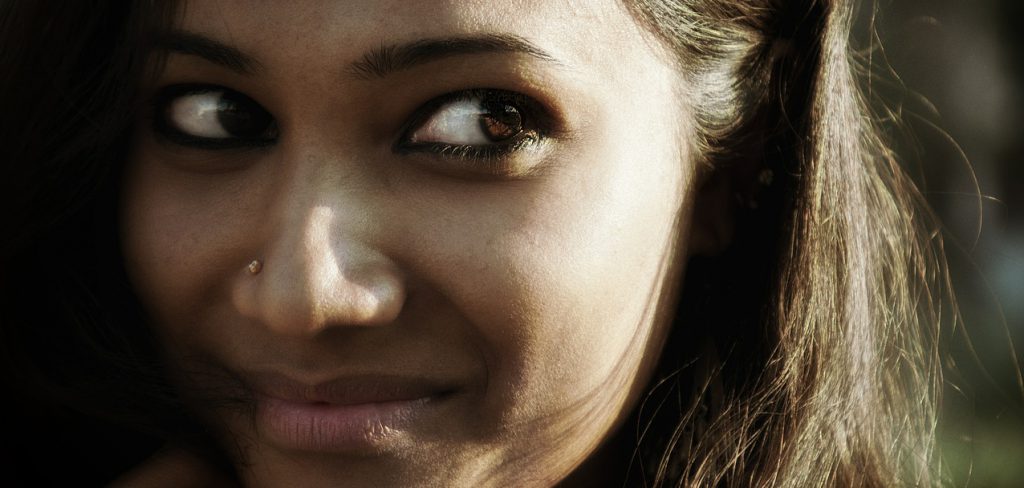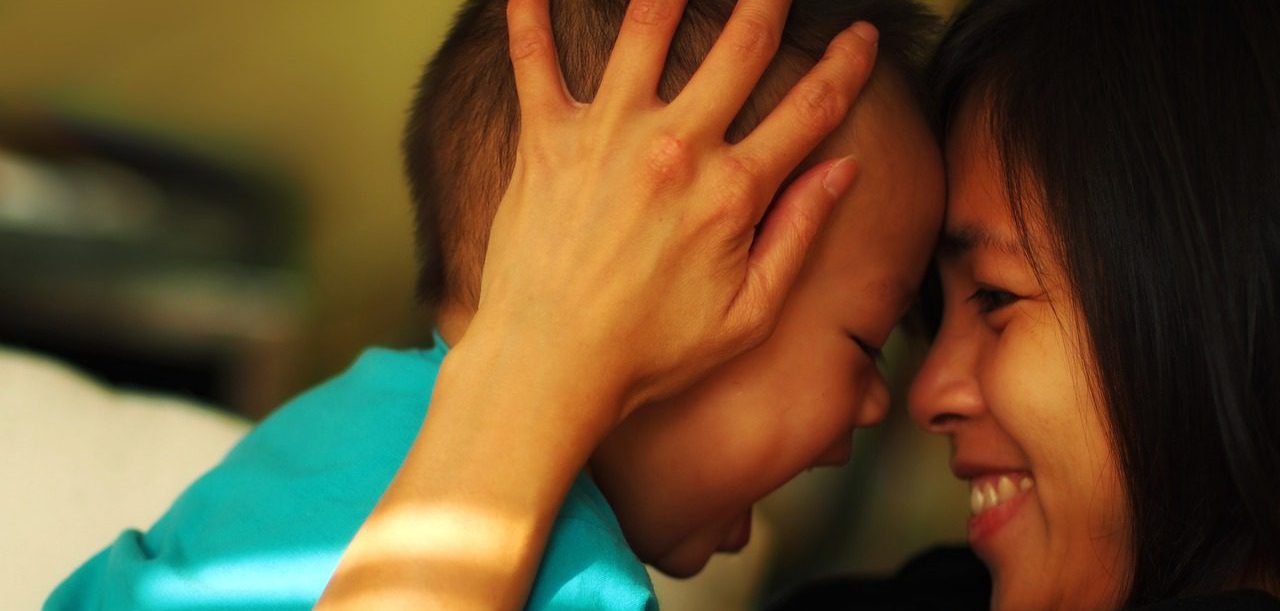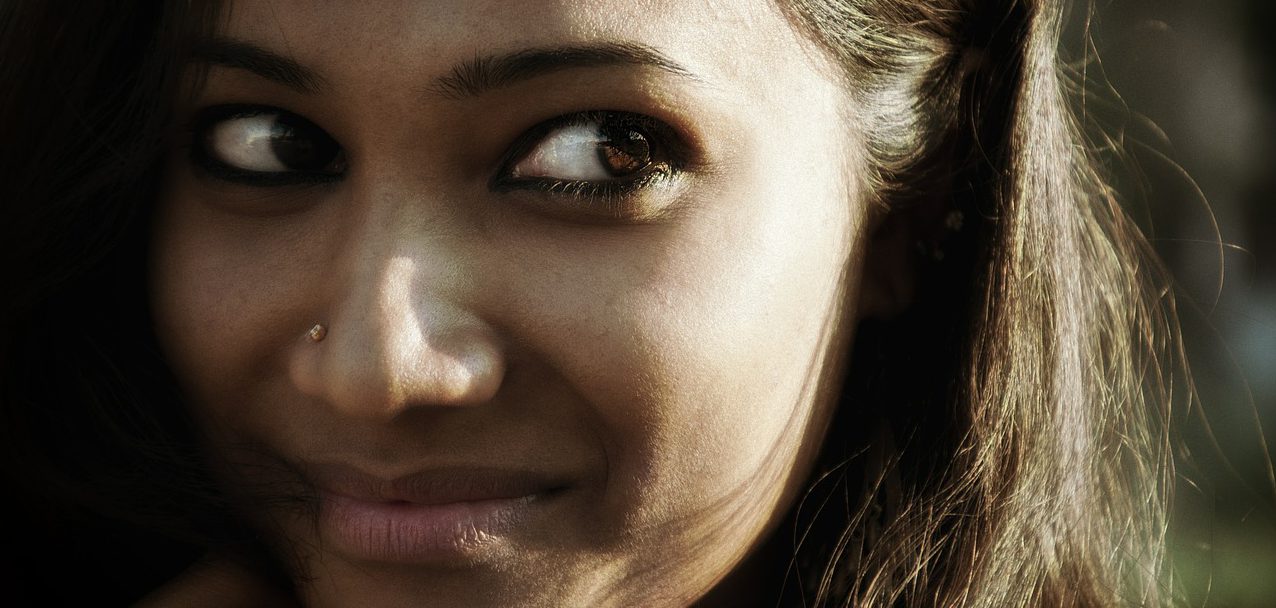Projects
Research projects at the BioSocial Methods Collaborative incorporate a variety of technologies. Browse current and completed research either by the type of data collected or by topic.
By Data Type
By Topic
 Advance Computational Neuroscience Network
Advance Computational Neuroscience Network
An NSF Big Data Spoke collaboration with Richard Gonzalez, PI, from the University of Michigan, Panda Dhabaleswar from Ohio State University, Satya Sahoo from Case Western Reserve University, Franco Pestilli from Indiana University, Daniel Marcus from Washington University and Lei Wang from Northwestern University to develop ontology-driven standardization, provenance metadata and workflow standards for the growing area of research in data-intense neuroimaging which typically includes additional clinical, cognitive, demographic, genetic and phenotypic data.
 Alcohol in Popular Media and College Drinking Behaviors
Alcohol in Popular Media and College Drinking Behaviors
A collaboration with U-M PI Sonya Dal Cin to measure how engagement (via eye tracking) with narrative media containing alcohol in social contexts relates to actual drinking behaviors.
Archetypal Paths into Sepsis
A collaboration with U-M researcher Hallie Prescott exploring trajectories of healthcare utilization leading up to sepsis.
Behavioral Immune System
A collaboration with U-M PI Iris Wang to explore how individual’s chronic disease vulnerabilities predict their interoceptive accuracy. Specifically, we use a classic measure of interoceptive accuracy (Schandry task) along with a test of how coherent individual’s subjective-objective experiences are (heart-ratings task).
Clinical Benefit of Presenting PRO Data to Chemotherapy Patients and Their Doctors Prior to Clinical Interactions
A collaboration with U-M Researcher Richard Gonzalez and Wayne State Researcher Felicity Harper to explore impact of data visualization on patient/doctor interaction by measuring tumor stiffness frequently using a newly designed ultrasound machine and self-reported measures related to effects of chemo treatments such as fatigue, nausea, appetite, etc.
Effects of Poverty on Affective Development
A collaboration with U-M Researcher Chris Monk from the Survey Research Center at the Institute for Social Research to study how poverty affects biology during development and leads to psychopathology among teenagers.
 Empathy and Facial Expression Mimicry
Empathy and Facial Expression Mimicry
A collaboration with U-M PI Josh Wondra to measure facial muscle mimicry under more realistic vs. exaggerated romantic contexts to test whether mimicry is automatic or dependent on appraisal of context.
Empowerment and Objectification: Conflicting Messages in Contemporary Advertising
A collaboration with U-M PI Amelia Couture to explore the effect of ‘femtervisements’ where objectifying visual information conflicts with empowering written information (and vice versa) using eye tracking to examine attention to bodies vs faces.
Family Transitions Following The Birth of a Preterm Infant NICU to Home
A collaboration with U-M Researcher Brenda Volling from the Center for Health and Child Development to study parental and family adjustment after NICU discharge to determine which parents may adapt to their parental role and which parents have continuing difficulties throughout the year following discharge.
Infant Brain Development in a Caregiving Context
A collaboration with U-M PI Paige Sayfer to examine how early parent-infant interactions and parental psychopathology contribute to the neural underpinnings of early social-emotional development. We will measure processing of emotional images (fNIRS and eye tracking) among 6 m.o. infants whose mothers have or do not have depression.
A Longitudinal Study of Neural Network Development In Children Who Stutter
A collaboration with U-M Researchers Soo Eun Chang from the Department of Psychiatry and Richard Gonzalez from the BioSocial Methods Collaborative to explore neural network development in young children who stutter near symptom onset to examine developmental trajectories by studying how the maturation of neural networks in children who stutter differ from their normally fluent peers in order to predict eventual persistence vs. recovery.
PEER – Personal Experiences of Everyday Routines
A collaboration with Procter & Gamble to identify cognitive, physiological, and emotional dimensions of an instrumental task of daily living among older adult women with hand pain or arthritis.
Population Neuroscience Functional Brain Imaging fMRI Predicts Public Health Campaign
Framework to improve confidence in the generalizability of neuroimaging findings. To take action on this framework collaboration is needed between neuroscientists, survey methodologists, biophysicists, biostatisticians, and representatives from across social sciences, and population-based sciences.
Self Regulation To Promote Adherence and Health Behaviors in Children
A collaboration with U-M Researchers Alison Miller and Richard Gonzalez to explore the self regulation profiles that signal risk of engaging in unhealthy behaviors among a cohort of children with high rates of obesity by measuring executive function, emotion regulation and motivation and obesogenic eating behavior and blunted cortisol pattern, developing and testing interventions
Stress and Wellbeing in Everyday Life
A collaboration with U-M Researchers Kira Birditt and Kayvan Najarian to explore racial health disparities among African American and White participants by measuring cardiovascular reactivity and self-reported measures of stress in (1) everyday life and in (2) classic controlled laboratory stress tests (Cold Pressor Test; Trier Social Stress Test).
Survey Measures of Subjective Well-being: Age, Appraisal, and Cognition Effects
A collaboration with U-M Researcher Jacqui Smith from the Survey Research Center at the Institute for Social Research to establish criteria for a short, reliable and valid survey index of experienced well-being.
 U-M Exercise and Sports Science Initiative Running Resiliency
U-M Exercise and Sports Science Initiative Running Resiliency
A collaboration with the BioSocial Methods Collaborative, the MiPR Lab and the U-M Cross Country Running teams to understand the biosocial factors contributing to running resiliency.
U-M Footwear Study
A collaboration with Adidas and the MiPR Lab to develop a new method of athletic shoe categorization informed by biomechanical and psychological data collected simultaneously at high density during a run.



